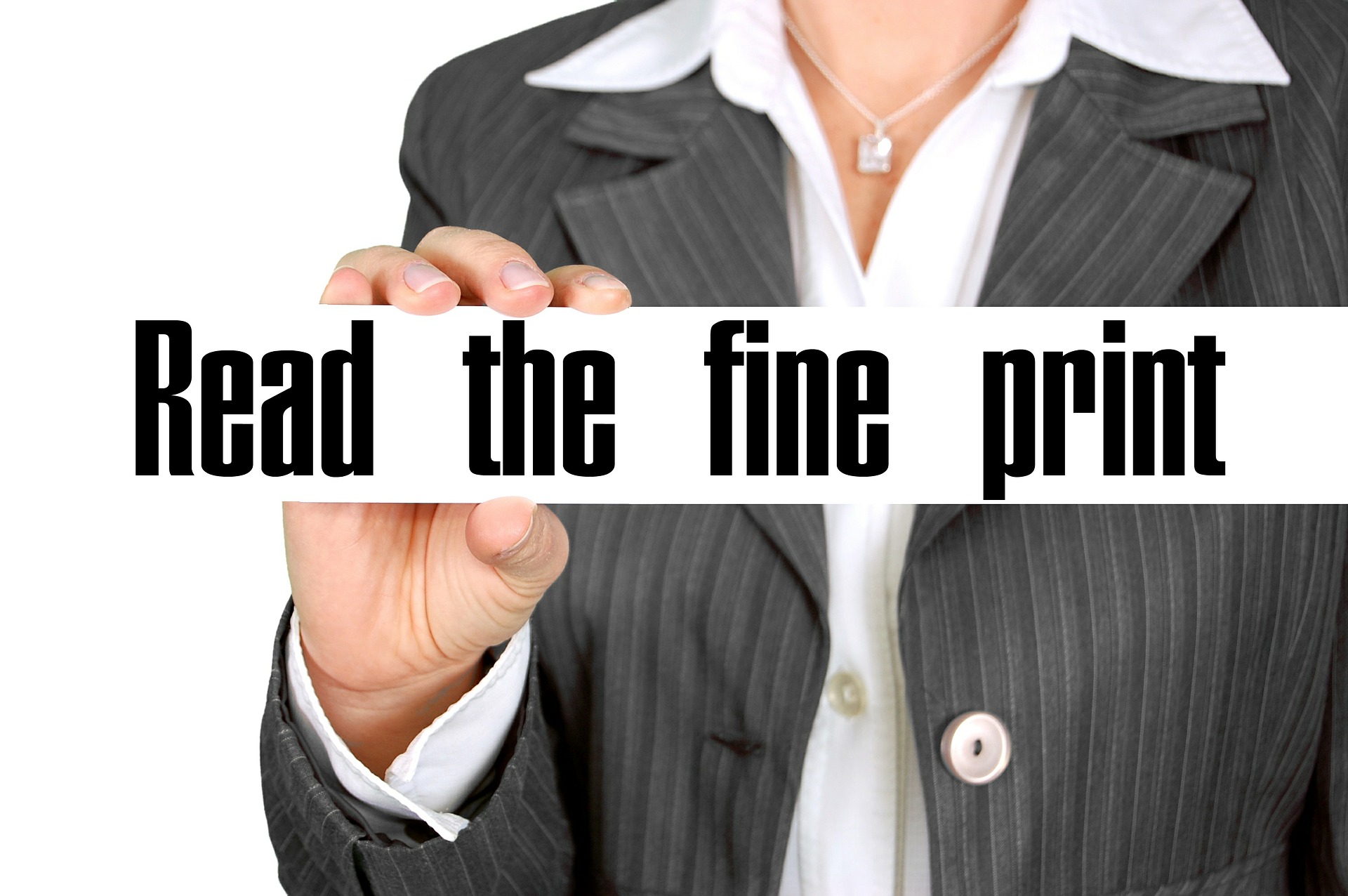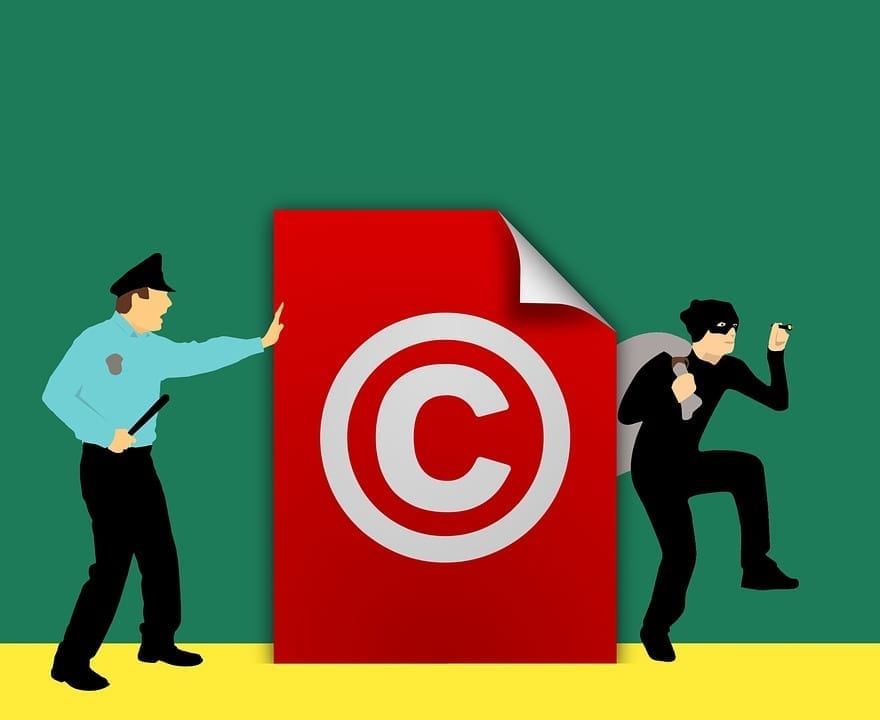The best way to avoid violations is to create your original content whenever feasible.
Content creation has become a cornerstone of modern communication and business. From social media posts to professional presentations, we’re constantly producing and sharing digital material. However, this creative freedom comes with an important responsibility: understanding and respecting copyright laws.
Copyright law grants creators exclusive rights to their original works, including written material, artwork, music, and videos. This protection is automatic once a work is fixed in a tangible form. Unauthorized use of copyrighted material can result in legal consequences and financial penalties.
This article will give you some essential tips about copyright basics so you don’t accidentally share something you’re not supposed to when creating and posting content online. Understanding copyright helps protect you from legal issues and shows respect to other creators.
Let’s explore strategies to navigate copyright concerns, ensuring your content remains engaging and compliant.
What is copyright?
Copyright is a legal protection granted to creators for their original works of authorship. It covers various creative expressions, including literary works, musical compositions, dramatic works, visual art, photographs, films, software, and other intellectual creations.
Copyright gives the creator exclusive rights to:
- Reproduce the work.
- Distribute copies.
- Perform the work publicly.
- Display the work publicly.
- Create derivative works based on the original.
These rights are automatically granted when the work is fixed in tangible form. Copyright protection lasts for a specific duration, typically the author’s life plus an additional period after death, which varies by jurisdiction.
Common mistakes people make with copyright
Misconceptions about copyright laws are common, leading many individuals and businesses to inadvertently infringe on protected works. Here are some:
Non-commercial use
Using copyrighted work without permission is considered an infringement, regardless of whether you profit from it. The non-commercial use of copyrighted material does not make it legal.
Others are doing it justification
The fact that others infringe on copyright does not make it acceptable for you to do so. Each infringement is considered a separate violation, and you can be held liable even if others are engaging in similar practices.
Using a small portion
It is a common mistake that using only a small percentage of a copyrighted work is not an infringement. The quantity used is not the sole factor; even a small but significant portion can constitute infringement.
Crediting the original creator
Giving credit to the original creator does not permit the use of their work without permission. Acknowledging the creator is good practice but does not prevent infringement, so permission is still required.
Assuming online content is free
Content found online or on social media is not free to use. Digital content found online is protected by copyright, and permission should always be obtained before using it.

This means that if your business is publishing the content on social media, on your blog, or promoting it through content marketing and digital PR outreach campaigns — then if the content (e.g., a chart of graphics) was used from a 3rd party source, then you’ll need to obtain proper permissions to avoid potential legal issues.
Best practices to avoid copyright infringement
To ensure compliance with intellectual property laws and avoid inadvertent copyright infringement, we recommend adhering to the following guidelines, though not an exhaustive list:
- Always assume it’s copyrighted: Treat everything online as protected by copyright unless explicitly stated otherwise. From images and videos to articles and software found online, creative works are generally copyrighted.
- Seek permission: Contact the copyright holder directly to request permission before using, reproducing, or building upon their copyrighted material. Many creators are willing to grant permission if asked politely.
- Use creative commons: Look for content with Creative Commons licenses that allow for reuse with proper attribution. Creative Commons allows creators to permit certain uses of their works.
- Give credit: If using someone’s work with their permission, always provide clear attribution by stating the creator’s name and linking back to the source when possible.
- Consider fair use: The Fair Use doctrine allows limited use of copyrighted works without permission under certain circumstances, such as commentary, criticism, news reporting, teaching, and research. However, the boundaries are complex, so consult a lawyer.
- Utilize royalty-free resources: Consider using royalty-free stock images, videos, music, and other resources from platforms like Shutterstock, Adobe Stock, and Envato Elements, which grant upfront licensing for a fee.
- Create your own: When possible, create your original content, such as images, writing, audio/video, and software, to avoid copyright infringement issues altogether.
Summing up
In summary, copyright infringement online carries legal risks and penalties. The best way to avoid violations is to create your original content whenever feasible. If you must use others’ work, obtain proper permissions upfront. Respect creators’ rights to their intellectual property. Ignorance is no excuse for taking responsibility for copyright compliance.


Join the conversation!